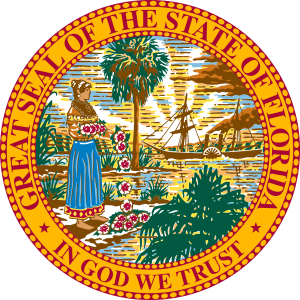The Minnesota Tax Court held a catalog and internet-based distribution company exceeded the protections of Public Law 86-272 (PL 86-272) by providing non-sales personnel with information about competitors’ products and sales terms obtained from Minnesota customers by the company’s salespeople.

 SeeSALT Blog
SeeSALT Blog




 The California Office of Tax Appeals (OTA) held a California resident was not entitled to claim an other state tax credit (OSTC) for taxes paid to Massachusetts because gain from the sale of an LLC membership interest was wholly sourced to the taxpayer’s domicile under California law.
The California Office of Tax Appeals (OTA) held a California resident was not entitled to claim an other state tax credit (OSTC) for taxes paid to Massachusetts because gain from the sale of an LLC membership interest was wholly sourced to the taxpayer’s domicile under California law.  On March 1, 2023, a Florida trial court confirmed that costs of performance (COP) sourcing, not market-based sourcing, is Florida’s standard methodology for sourcing service receipts for apportionment purposes. In Billmatrix Corp. v. State of Florida, Department of Revenue, No. 2020-CA-000435 (Fla. 2d Cir. Ct. Mar. 1, 2023), the court strongly rebuked the Florida Department of Revenue for attempting to apply market-based sourcing in contravention of its own COP sourcing regulation.
On March 1, 2023, a Florida trial court confirmed that costs of performance (COP) sourcing, not market-based sourcing, is Florida’s standard methodology for sourcing service receipts for apportionment purposes. In Billmatrix Corp. v. State of Florida, Department of Revenue, No. 2020-CA-000435 (Fla. 2d Cir. Ct. Mar. 1, 2023), the court strongly rebuked the Florida Department of Revenue for attempting to apply market-based sourcing in contravention of its own COP sourcing regulation. 
